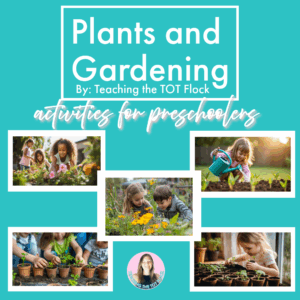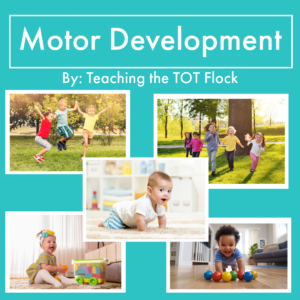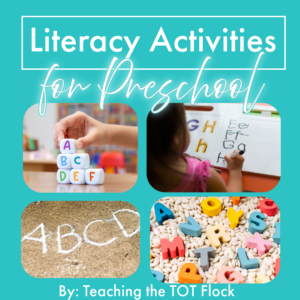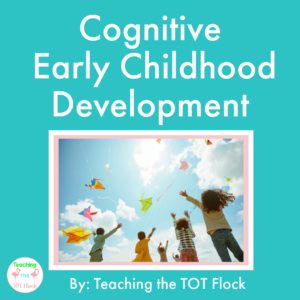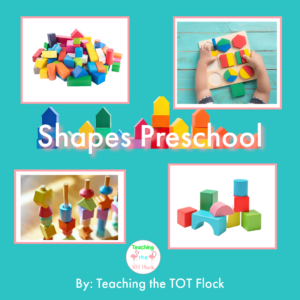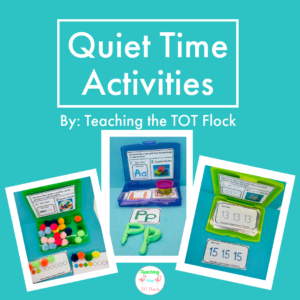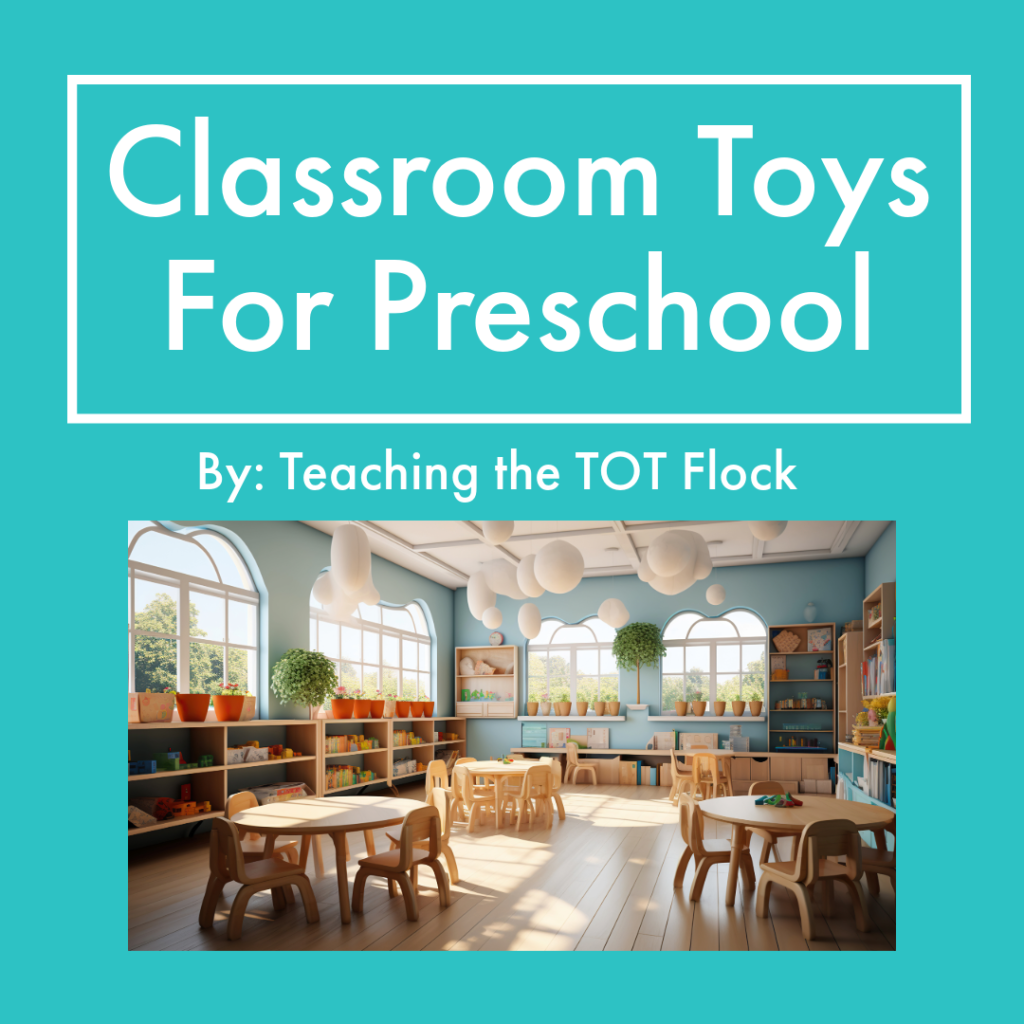
There are many choices when it comes to classroom toys for preschool. Every class seems to have many different types of toys with little or no thought into their educational nature or intention. Preschool classrooms have many areas or centers to choose from and are all filled with toys or supplies to foster creativity. Some of the centers include blocks, dramatic play, science, math, writing, and art. The main focus for any preschool class is to foster play where learning is the result.
Children learn best through play and when we give children the best toys for learning then their play skills follow the highest standards. No parent does not want the best for their child. The real question is what should I buy for my child to learn at a high level. Some factors to look at are quality, cost, and value. When we look at the quality of a toy we need to see if it’s sturdy, safe, and durable. Then we look at the cost of the product and see whether we can get a discounted item or if it works within our budget. Is the product durable? will the product last for the price and the purpose that it will fulfill? These are questions all parents think about when buying toys. These same questions are used for the classroom while keeping the utmost quality in mind.
Blocks for preschool
Blocks for preschool is the foundational toy to help promote engineering skills. The block center in any classroom helps foster creativity, builds social skills, increases attention span, and helps develop self-esteem. The toys in this center include blocks of various kinds, people, animals, vehicles, and road signs. Some additional items that can enhance imagination skills are road pieces and a doll house. The block center is one of the main centers where children like to participate, develop key skills, and feel a sense of accomplishment with the structures they build and the toys they use to make those structures a masterpiece. This area of development should be a good size to allow for building and community involvement in play.
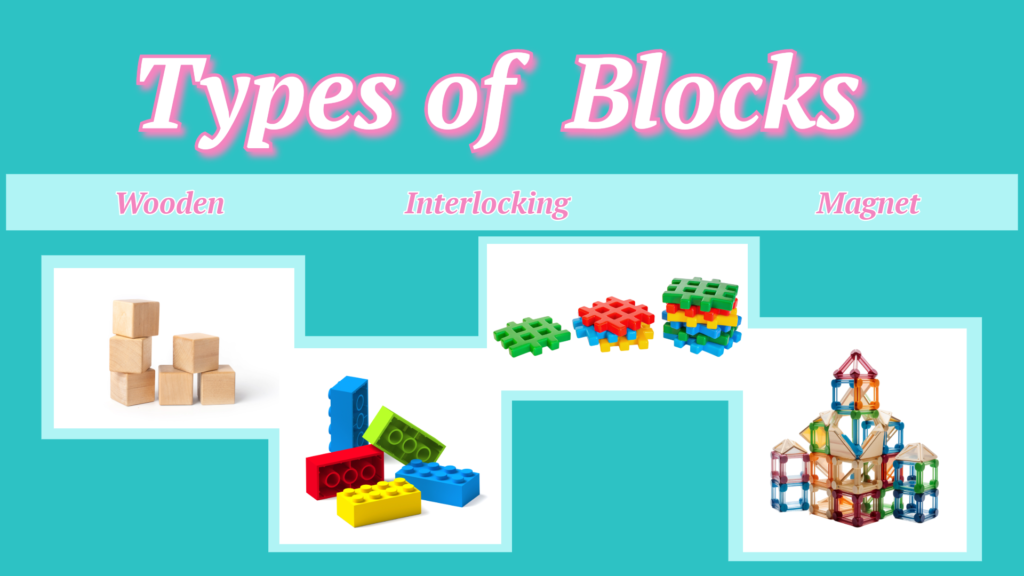
Types of Blocks
Wooden blocks
Wooden blocks have a variety of shapes and sizes that are great for building complex structures. Some pieces include rectangles, squares, semi-circles, and triangles. Depending on the children in your class and age these blocks might need to be supervised and taught how to play with them safely.
Magnet blocks
Magnetic blocks give building a fun component that children love. These blocks are usually different colors that help make their structures more vibrant. Children learn some science skills with the how and why these blocks stick to each other to stay in place. Using these blocks and a magnetic wand can help enhance the science component and teach how magnets work together or repel.
Interconnecting blocks
There are a variety of interconnecting blocks. Some are soft blocks that can help younger ones to learn how to build things such as towers; others are hard and can help to stick together. Waffle blocks can interlock and make a structure more three-dimensional.
By adding a variety of types of blocks to your block area you allow your children to learn new and complex skills. When we allow children to learn through play we are giving them a chance to learn through cause and effect and building problem-solving skills.
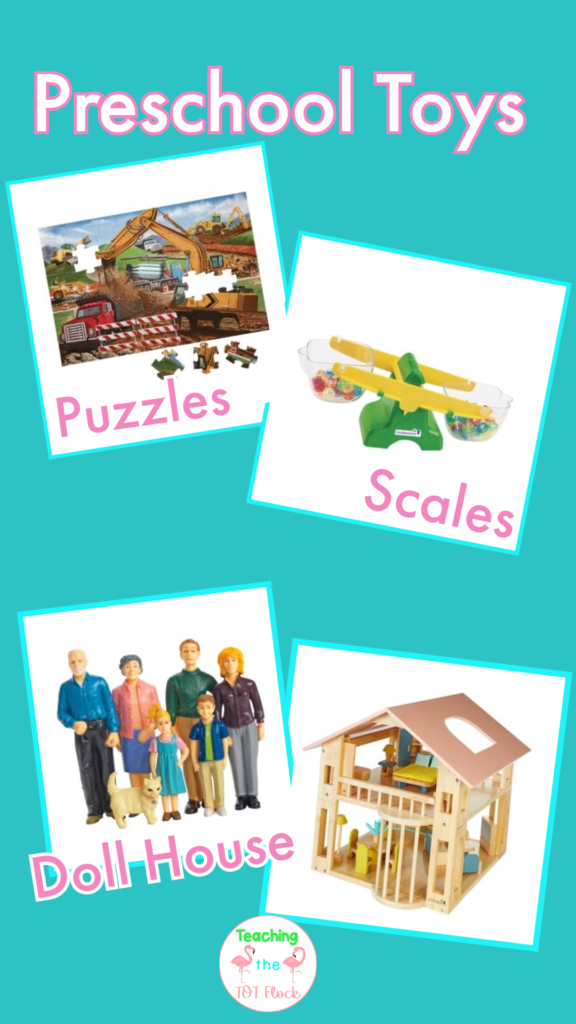
Preschool Classroom Toys
Many preschool classroom toys help children learn new skills and build on what they already know about play. Some great toys that you can include are scales, puzzles, science tubes, dress-up clothes, play kitchen and food, sorting toys, and writing tools. When setting up a preschool classroom with toys we want to make sure that we develop every learning opportunity that can help build and develop complex skills. Children learn how to play with others, learn how to express themselves in a safe space, learn about success and failure, and develop their individuality.
The preschool environment helps children learn and learn about who they are at the same time. Children need a safe place to learn and develop what makes them unique.
Toys for Early Childhood Development
There are many great toys for infants and toddlers to help them learn and develop new skills. Some toys I love for infants are musical toys, stacker cups, hand puppets, and scarves. These toys help our tiny humans learn about cause and effect while exploring their environment. The scarves can hide toys or work on pulling skills. The hand puppets can be used to help promote language development.
Some other toys for toddlers can include simple puzzles, peg boards, and photo cubes. Puzzles and peg boards help build spatial awareness skills. The photo cubes are great for adding pictures of the theme, placing a movement activity in the slots, or adding photos of the children to develop a sense of self and ownership in the classroom.
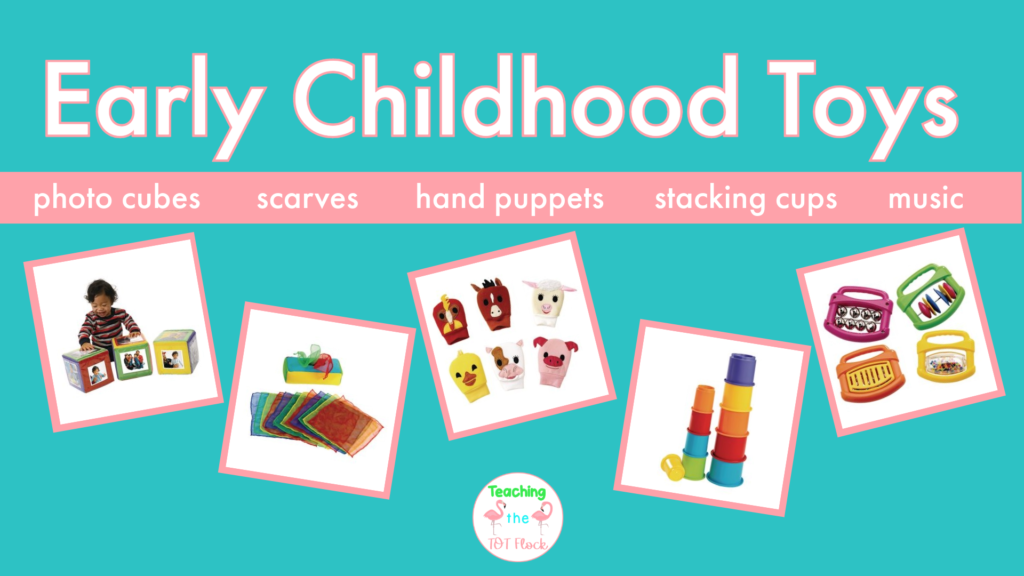
Toys for Dramatic Play
The variety of toys for dramatic play includes food, dishes, dress-up clothes, babies, blankets, a shopping cart, and a table with chairs. Just like the block center, this area builds creativity and a sense of self. Here is where children can pretend to be who they want to be and boost their imagination at the same time. Children build their communication skills and learn how to regulate their emotions while participating in the dramatic play center.
Early Childhood Toys
There are many early childhood toys on the market for children. Some of these toys are good options and others are a waste of time. This list is not all of the toys that can help promote and develop growth through play. I hope you found these toys as great options to add to your class or buy for a loved one to help foster their developmental skills. There is one item not included in the list and that is books. Books are a learning tool that can help stimulate an imagination, teach key learning skills, and build story-telling skills. Children learn language through listening to books being read and can help build on prior knowledge. Sometimes the best toys can also be the messy ones that end up all over the floor.
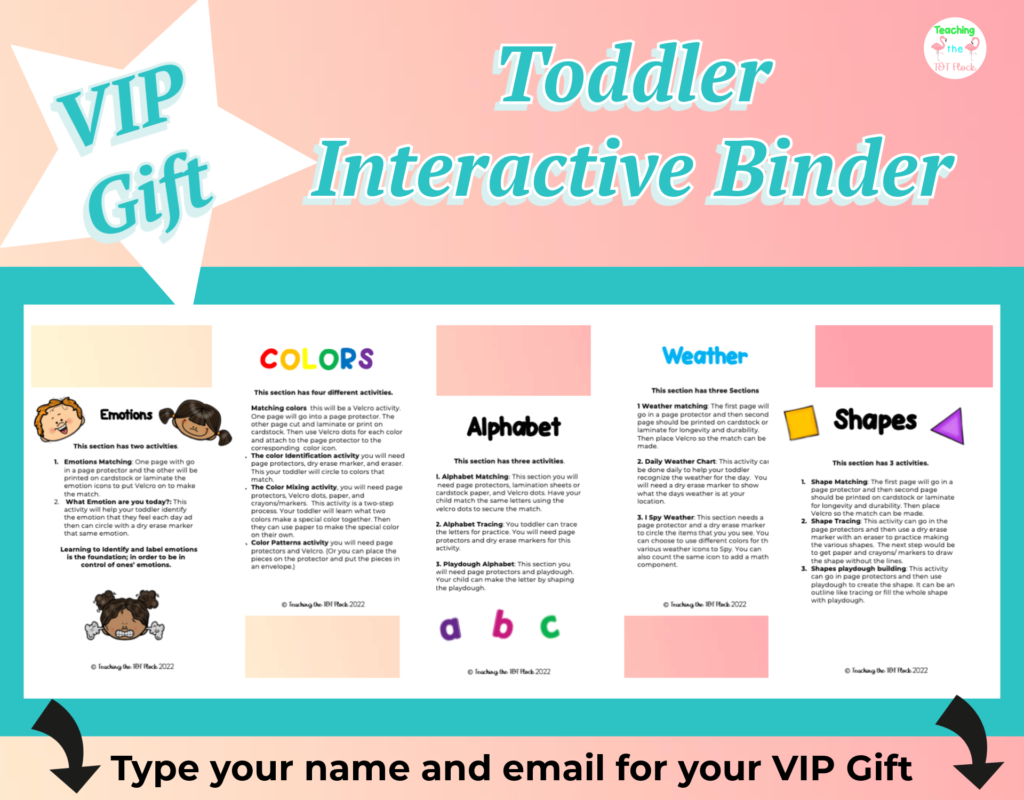
Additional Recources:
By NAEYC: Good Toys for Young Children by Age and Stage
Empowered Parents

